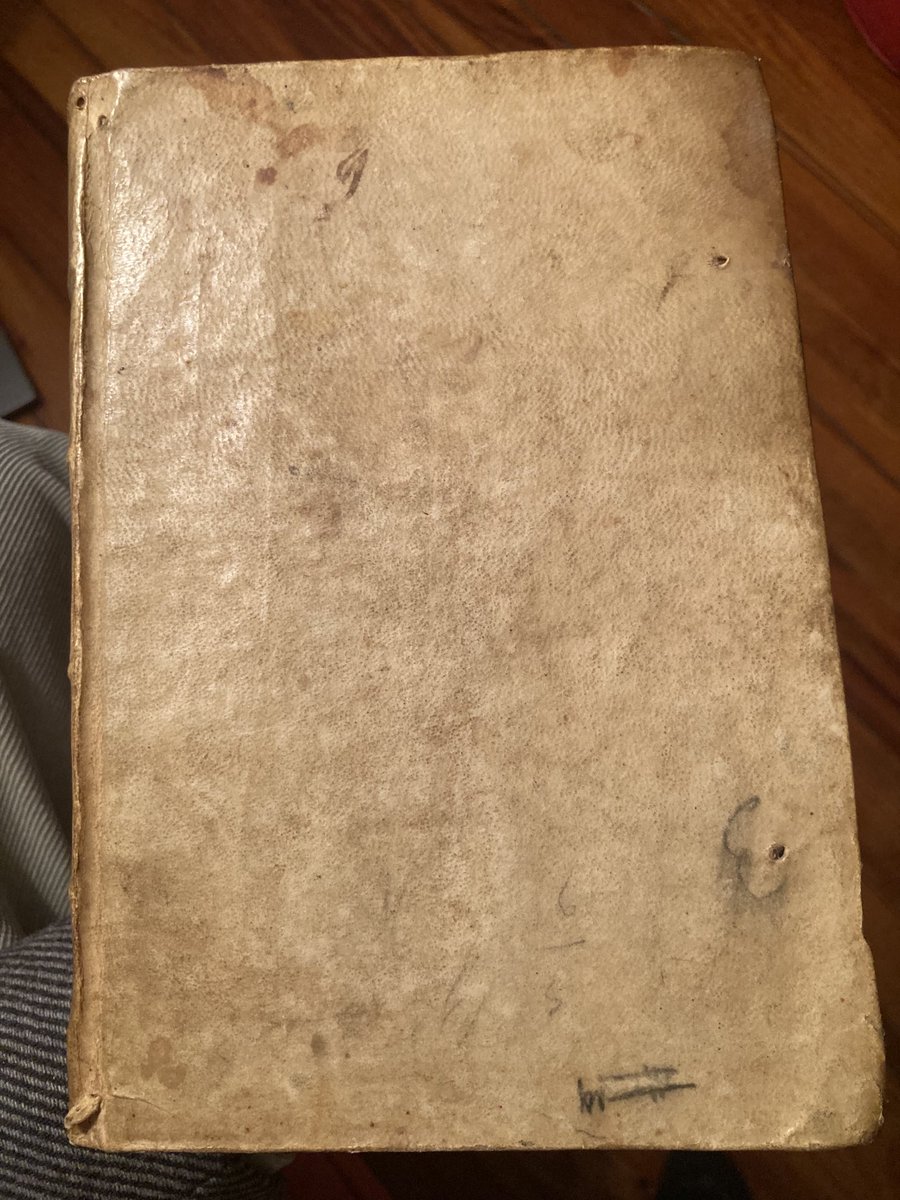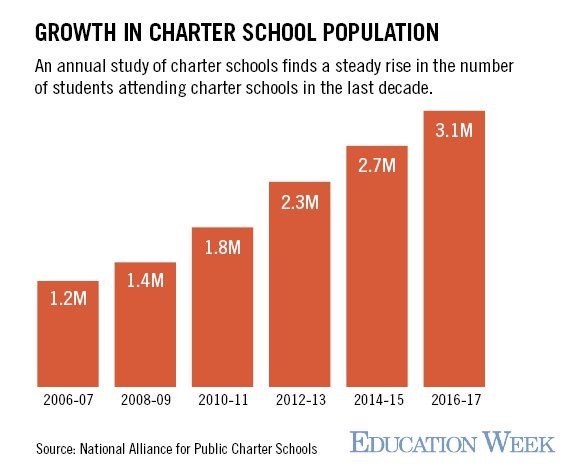
Philosophy, liberal arts, and Catholic higher ed. Co-author of A Mind at Peace: Reclaiming an Ordered Soul in the Age of Distraction.
2 subscribers
How to get URL link on X (Twitter) App

https://twitter.com/jmwspt/status/1840448727300845777Here is the recent plagiarizing piece:

 The volume is a little less than 8” x 6”, bound in vellum, and the only markings are on the spine: “Physica”and “A 14”
The volume is a little less than 8” x 6”, bound in vellum, and the only markings are on the spine: “Physica”and “A 14”










 @CRPakaluk @ProfCollett
@CRPakaluk @ProfCollett

https://twitter.com/wokal_distance/status/1496736900660580353





https://twitter.com/JoshHochschild/status/1102931853617610752